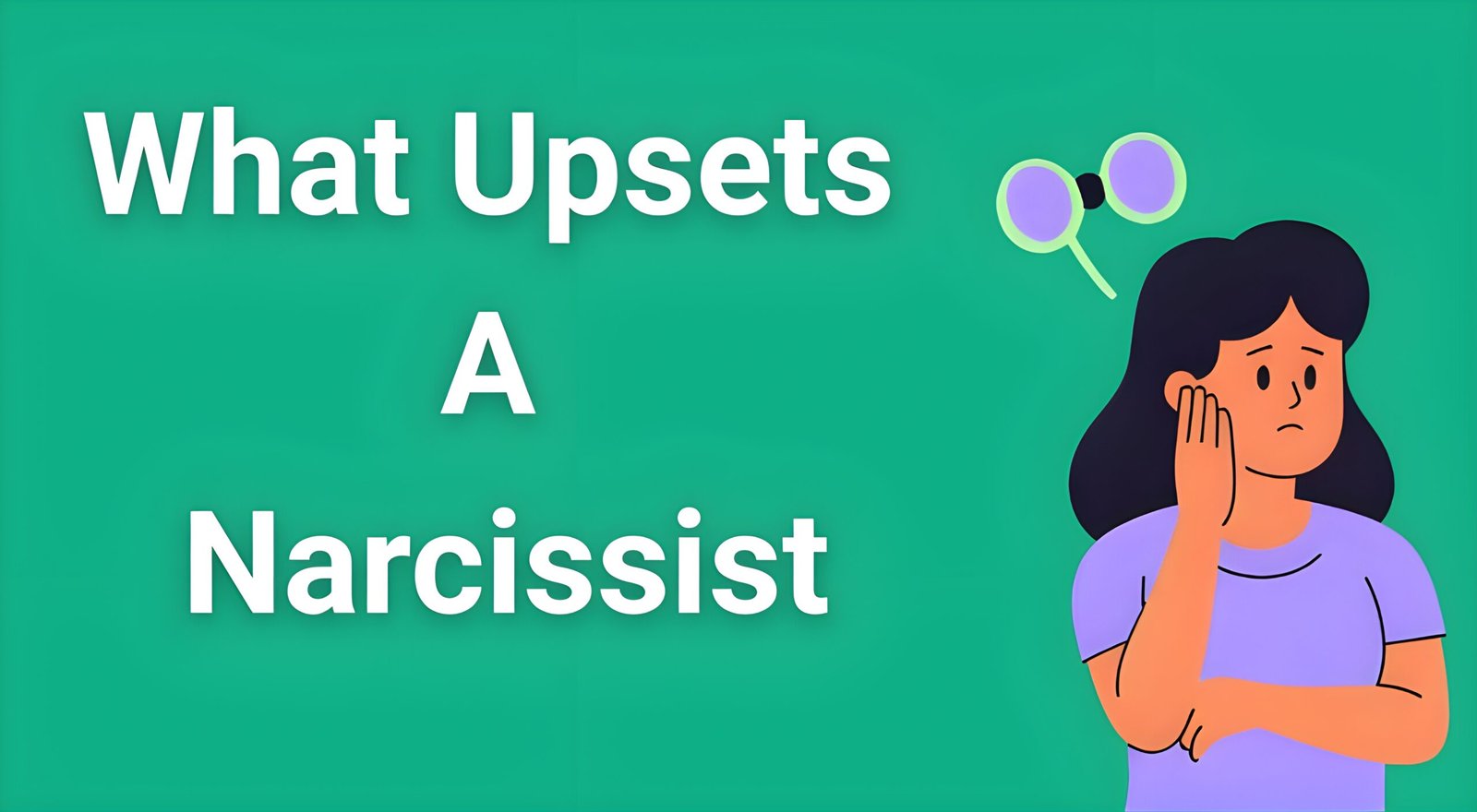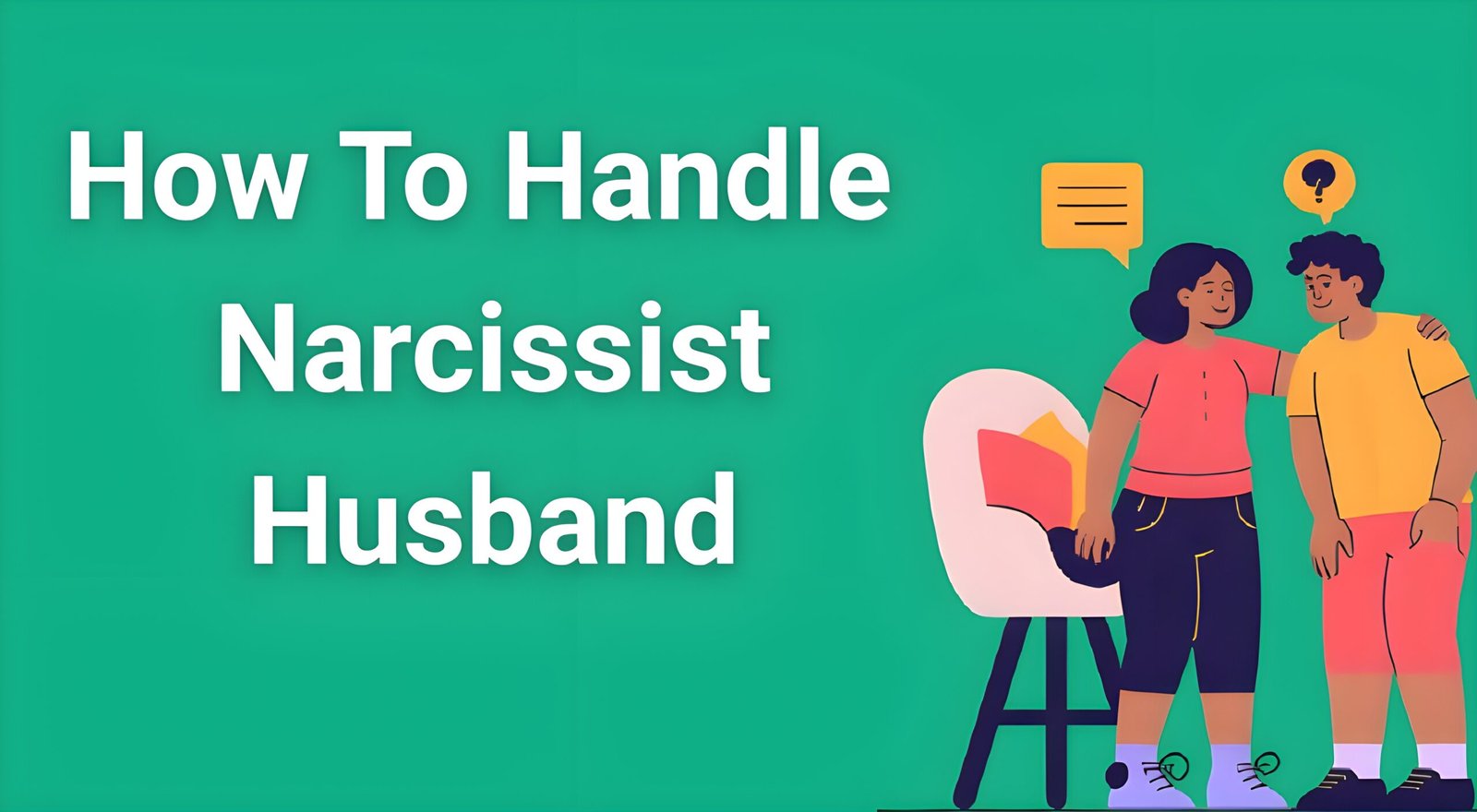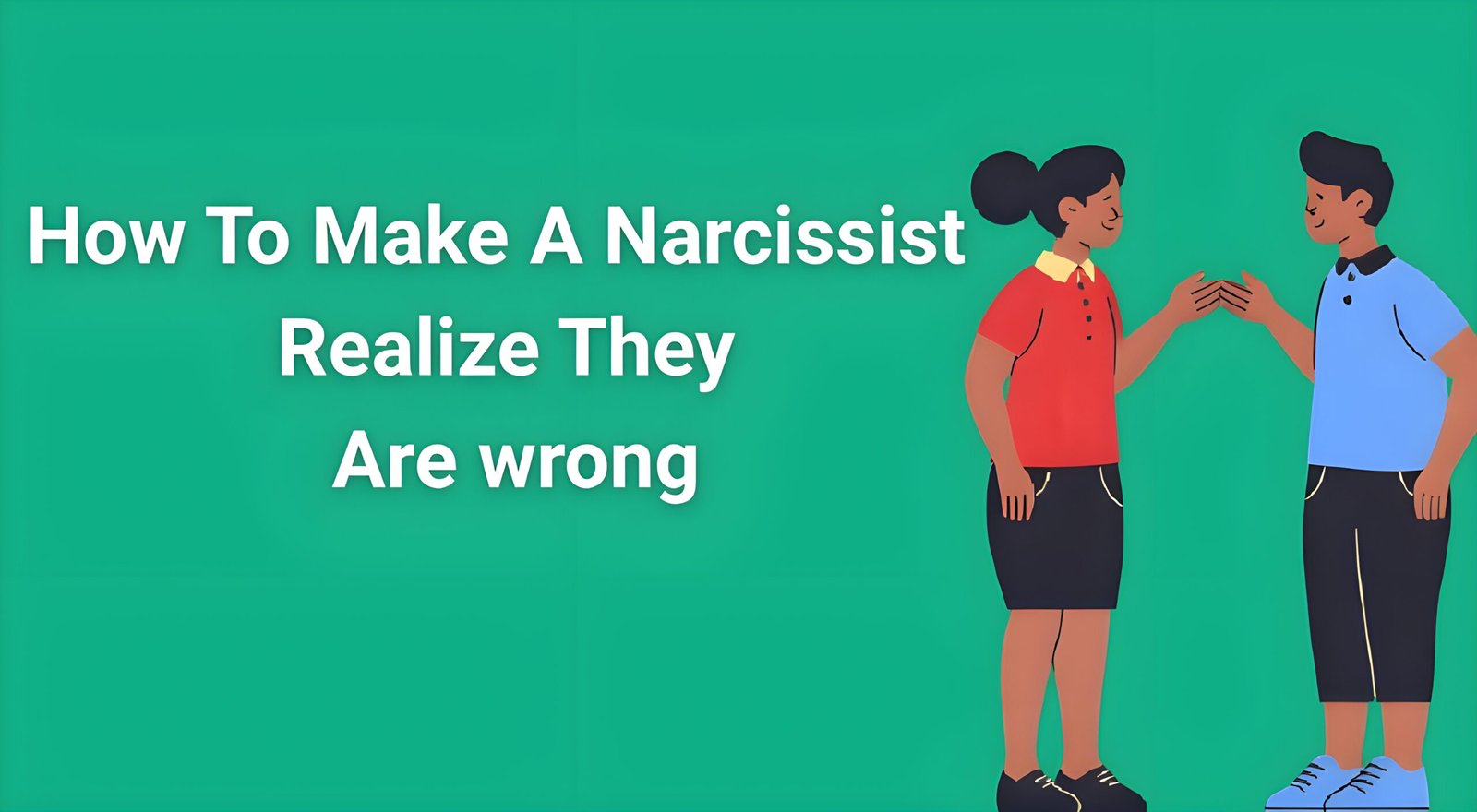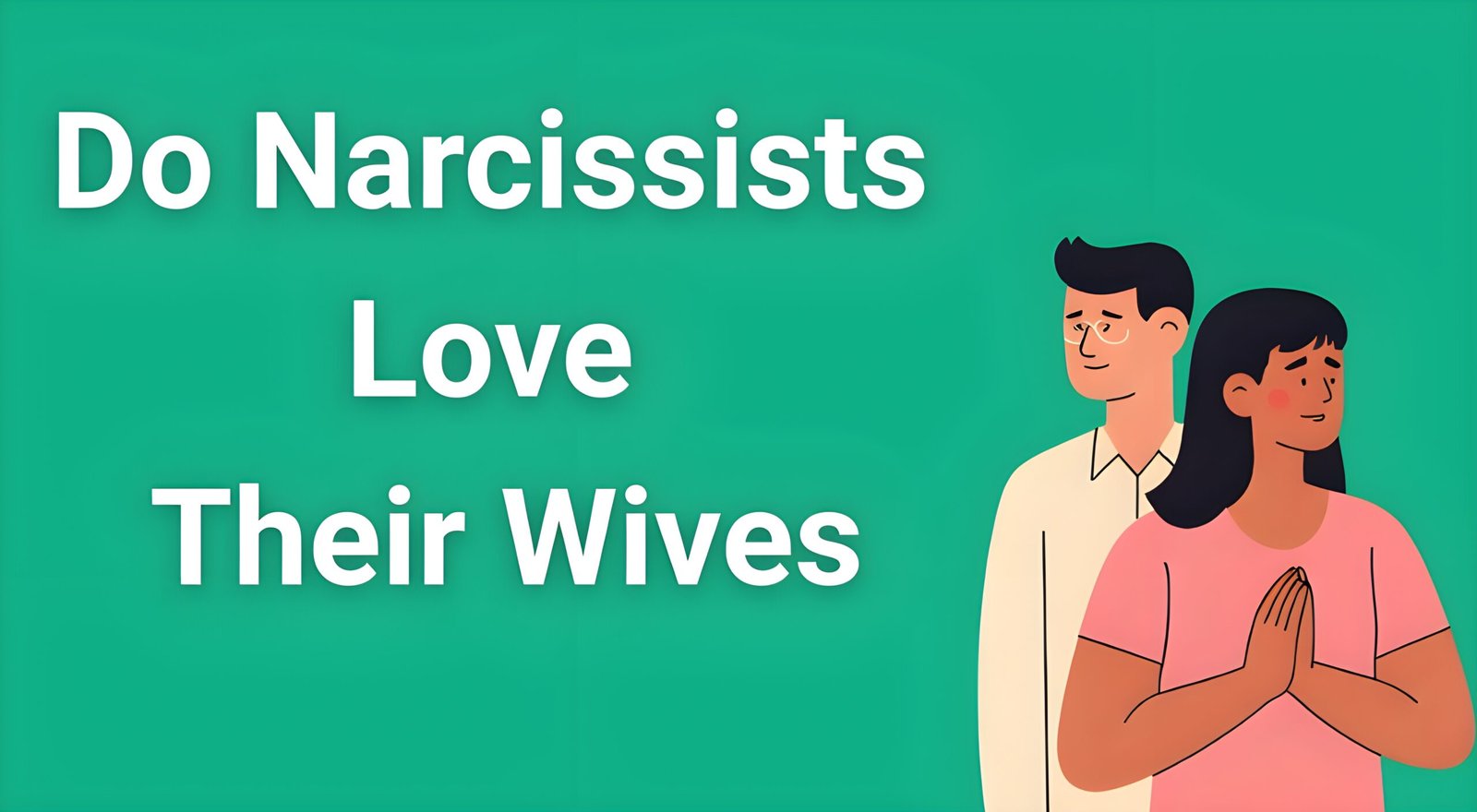Understanding what upsets a narcissist isn’t about gaining ammunition for retaliation—it’s about recognizing the psychological patterns that drive their behavior and protecting yourself from their manipulative tactics. When you know what triggers a narcissistic person, you gain valuable insight into their mindset and can better navigate these challenging relationships.
- The Psychology Behind Narcissistic Triggers
- 8 Things That Upset a Narcissist Most
- Recognizing the Patterns: When You’re Walking on Eggshells
- The Cost of Constantly Managing Someone Else’s Triggers
- Getting Professional Clarity on Your Situation
- Breaking Free from Trauma Bonds
- Protecting Yourself While You Plan Your Exit
- Frequently Asked Questions
- Conclusion
Narcissistic Personality Disorder affects millions of people worldwide, and those who live, work, or interact with narcissists often find themselves walking on eggshells, never quite sure what might set off an explosive reaction. The truth is, what upsets a narcissist often reveals their deepest insecurities and core wounds, helping you understand the psychology behind their controlling behaviors.
The Psychology Behind Narcissistic Triggers
Before diving into specific triggers, it’s crucial to understand how a narcissist’s mind works. Licensed clinical psychologists explain that narcissists live with a fragile sense of self that requires constant external validation. Their grandiose exterior masks deep-seated feelings of inadequacy and shame.
When something threatens this carefully constructed false self, narcissists experience what experts call “narcissistic injury”—a psychological wound that can trigger anything from rage to complete emotional shutdown. These reactions aren’t just dramatic outbursts; they’re desperate attempts to protect an ego that feels under attack.
8 Things That Upset a Narcissist Most
1. Being Criticized or Challenged
What upsets a narcissist more than anything else is direct criticism or having their authority questioned. Even constructive feedback can feel like a devastating attack on their self-worth. This hypersensitivity to criticism stems from their inability to separate their actions from their identity.
When you point out a mistake or suggest an improvement, narcissists don’t hear feedback—they hear a fundamental attack on who they are as a person. This trigger is so powerful that many narcissists will go to extraordinary lengths to avoid situations where they might face criticism, often creating elaborate justifications for their behavior or shifting blame to others.
The intensity of their reaction to criticism often shocks those around them. A simple comment like “Maybe we could try a different approach” can unleash hours of defensive arguments, accusations, or the silent treatment. Understanding this trigger helps explain why narcissists often surround themselves with people who constantly praise and validate them.
2. Loss of Control and Independence in Others
Narcissists have an overwhelming need to control their environment and the people in it. What upsets a narcissist tremendously is when someone in their life becomes independent or makes decisions without their input. This could be a partner getting a job, a child setting boundaries, or even a friend making plans that don’t include them.
Financial independence particularly threatens narcissists because money is one of their primary tools for maintaining control. When someone no longer depends on them financially, they lose a significant source of power and influence. This explains why narcissistic partners often sabotage their spouse’s career opportunities or discourage them from managing their own finances.
The narcissist’s need for control extends beyond finances to emotional and social independence as well. They may become upset when you develop friendships they can’t monitor, pursue hobbies they don’t approve of, or simply express opinions that differ from theirs. This reaction stems from their deep fear of abandonment and their belief that controlling others is the only way to ensure loyalty.
3. Being Ignored or Receiving No Attention
Attention is like oxygen to a narcissist, and what upsets a narcissist most acutely is being deprived of this vital supply. Whether it’s positive attention through praise and admiration or negative attention through conflict and drama, narcissists need to be the center of focus.
When you stop giving them attention—perhaps by focusing on your own life, spending time with others, or simply not responding to their provocations—they often escalate their behavior to regain that attention. This might manifest as love-bombing, creating emergencies, or picking fights over trivial matters.
The grey rock method, where you become as uninteresting as possible during interactions, can be particularly effective because it deprives them of the emotional reaction they crave. However, be prepared for an initial increase in their attempts to get attention before they potentially move on to other sources of supply.
4. Other People’s Success and Happiness
What upsets a narcissist deeply is witnessing others achieve success or genuine happiness, especially when that success overshadows their own achievements. Their inability to feel genuine empathy means they can’t celebrate others’ victories—instead, they see them as threats to their own superiority.
This trigger often reveals itself through passive-aggressive comments, attempts to diminish others’ accomplishments, or sudden competitions where none existed before. If a colleague gets promoted, the narcissist might suddenly become critical of their work. If a friend buys a new car, they might immediately start shopping for something better.
The narcissist’s reaction to others’ success stems from their zero-sum worldview—they believe that someone else’s gain automatically means their loss. This scarcity mindset prevents them from building genuine, supportive relationships and often drives away the very people who might have celebrated their own achievements.
5. Boundaries and the Word “No”
Healthy boundaries are essential for any relationship, but what upsets a narcissist is any attempt to set limits on their behavior or access to you. When you say “no” to a narcissist, you’re not just declining a request—you’re challenging their belief that they have unlimited access to your time, energy, and resources.
Narcissists often react to boundaries with accusations of being “controlling,” “selfish,” or “difficult.” They may try to guilt-trip you by saying things like “If you really cared about me, you would…” or attempt to negotiate your boundaries as if they were merely suggestions rather than firm limits.
The reason boundaries upset narcissists so much is that they threaten the narcissist’s sense of entitlement. In their mind, your primary purpose is to serve their needs, and boundaries interfere with this dynamic. Learning to maintain boundaries despite their protests is crucial for your mental health and well-being.
6. Being Held Accountable
Accountability is perhaps the most foreign concept to a narcissist. What upsets a narcissist enormously is being asked to take responsibility for their actions, apologize genuinely, or acknowledge the impact of their behavior on others. They’ve built their entire self-image on the foundation of being superior and blameless.
When confronted with evidence of their harmful behavior, narcissists typically employ several defense mechanisms: denial, deflection, projection, and gaslighting. They might claim the incident never happened, blame you for “making them” react that way, or twist the situation to make themselves the victim.
This aversion to accountability explains why narcissists rarely change their behavior voluntarily. Without the ability to honestly assess their actions and their impact on others, they remain trapped in patterns of behavior that damage relationships and hurt the people around them.
7. Exposure of Their True Nature
What upsets a narcissist most profoundly is having their carefully crafted public persona threatened by exposure of their private behavior. Narcissists invest enormous energy in maintaining different facades for different audiences—they might be charming and charismatic in public while being cruel and controlling at home.
When someone threatens to reveal this discrepancy—perhaps by sharing stories of their private behavior or calling out their lies in front of others—narcissists often react with extreme anger or desperation. This trigger is so powerful because it threatens the foundation of their entire social strategy.
The fear of exposure explains why narcissists often isolate their victims and work to discredit them in advance. By painting their targets as “crazy,” “jealous,” or “vindictive,” they create a preemptive defense against any future revelations about their true character.
8. Genuine Emotional Intimacy
While it might seem counterintuitive, what upsets a narcissist is the prospect of genuine emotional intimacy. True intimacy requires vulnerability, empathy, and the ability to see and accept another person fully—qualities that narcissists struggle with due to their disorder.
When someone tries to connect with them on a deeper emotional level, narcissists often become uncomfortable and may respond by changing the subject, creating distance, or picking a fight. This reaction occurs because genuine intimacy threatens their false self and might expose the emptiness they feel inside.
This explains why relationships with narcissists often feel shallow despite their initial intensity. The love-bombing phase might create an illusion of deep connection, but as the relationship progresses, you may notice that conversations rarely venture beyond surface topics or focus entirely on the narcissist’s experiences and feelings.
Recognizing the Patterns: When You’re Walking on Eggshells
If you find yourself constantly monitoring your words and actions to avoid triggering someone’s explosive reactions, you might be dealing with a narcissistic person. The triggers that upset narcissists create a dynamic where everyone around them learns to adjust their behavior to keep the peace.
This adaptation isn’t healthy—it’s a sign that you’re being manipulated and controlled. Recognizing these patterns is the first step toward protecting yourself and making informed decisions about the relationship.
Many people who’ve experienced narcissistic abuse report feeling like they’re “going crazy” or questioning their own memories and perceptions. This confusion isn’t accidental—it’s often the result of gaslighting and other manipulative tactics designed to maintain control.
The Cost of Constantly Managing Someone Else’s Triggers
Living with or around someone whose reactions are unpredictable and intense takes a tremendous toll on your mental and physical health. The chronic stress of managing what upsets a narcissist can lead to anxiety, depression, autoimmune issues, and other health problems.
Understanding these triggers isn’t meant to help you better manage the narcissist’s emotions—that’s not your responsibility. Instead, this knowledge should help you recognize when you’re in an unhealthy dynamic and empower you to make choices that prioritize your own well-being.
If you’re currently in a relationship where you feel like you’re constantly walking on eggshells, know that this isn’t normal, and it’s not your fault. Professional support can help you understand your situation more clearly and develop strategies for protecting yourself.
Getting Professional Clarity on Your Situation
Sometimes, the patterns of manipulation and control are so subtle that it’s difficult to identify them on your own. If you’re questioning whether you’re dealing with narcissistic abuse, seeking professional insight can provide the clarity you need to make informed decisions about your relationships and your future.
A comprehensive analysis of your specific situation can help you understand the dynamics at play, identify manipulation tactics you might not have recognized, and develop a personalized strategy for protection and healing. This kind of specialized support can be the difference between years of confusion and the clear understanding you need to move forward.
Breaking Free from Trauma Bonds
One of the most confusing aspects of narcissistic relationships is the trauma bond—the psychological attachment that develops between an abuser and their victim through cycles of abuse and affection. These bonds can make it feel impossible to leave, even when you logically understand that the relationship is harmful.
Understanding that trauma bonds are neurological, not emotional, can be the first step toward breaking free. Your brain has been conditioned to associate the relationship with survival, creating addiction-like withdrawal symptoms when you try to distance yourself.
Recovery from trauma bonding requires specific strategies that address the neurological aspects of the attachment. This isn’t a matter of willpower—it’s about rewiring your brain’s response patterns through consistent, science-based techniques.
Protecting Yourself While You Plan Your Exit
If you can’t leave your situation immediately, understanding what upsets a narcissist can help you minimize conflict while you develop your exit strategy. However, remember that your safety should always be the priority, and sometimes the safest approach is to avoid triggering behaviors entirely rather than trying to manage them.
Document patterns of behavior, build a support network outside the narcissist’s influence, and consider seeking professional guidance to help you navigate this challenging time safely. Every situation is unique, and what works for one person might not be appropriate for another.
Frequently Asked Questions
What happens when you trigger a narcissist accidentally?
When you accidentally upset a narcissist, expect disproportionate reactions ranging from rage to silent treatment. They may use this as an opportunity to reinforce control through guilt, blame, or punishment. Remember that their extreme reaction is about their internal state, not your innocent mistake.
Is it ever safe to intentionally upset a narcissist?
Intentionally triggering a narcissist is generally not recommended as it can escalate abuse and put you at risk. Focus on protecting yourself and building your independence rather than trying to “win” against someone who doesn’t play by normal social rules.
Can narcissists learn to manage their triggers better?
While some narcissists may develop better coping strategies through intensive therapy, fundamental change is rare because it requires acknowledging their disorder—something most narcissists refuse to do. Focus on what you can control: your own responses and boundaries.
Why do I feel guilty when I upset a narcissist?
Guilt is often the result of conditioning and manipulation. Narcissists train the people around them to feel responsible for managing their emotions. This guilt is a sign that you’ve been manipulated, not that you’ve done something wrong.
How can I stop caring about what upsets them?
Emotional detachment takes time and often requires professional support. Focus on rebuilding your sense of self, establishing your own values, and surrounding yourself with healthy relationships that don’t require you to manage someone else’s emotions constantly.
Conclusion
Understanding what upsets a narcissist provides valuable insight into their psychology and can help you recognize manipulative patterns in your relationships. However, this knowledge shouldn’t be used to better manage their emotions or walk on eggshells more effectively—that’s not your responsibility.
Instead, use this understanding to protect yourself, validate your experiences, and make informed decisions about your relationships. If you’re currently dealing with someone who displays these patterns, remember that their reactions are about their internal struggles, not about you or your worth as a person.
Recovery from narcissistic abuse takes time, professional support, and often specialized strategies that address the unique psychological impact of these relationships. You deserve relationships built on mutual respect, empathy, and genuine care—never settle for less than that.
Your mental health and well-being matter. Trust your instincts, seek support when you need it, and remember that healing is possible, even after the most damaging relationships.






